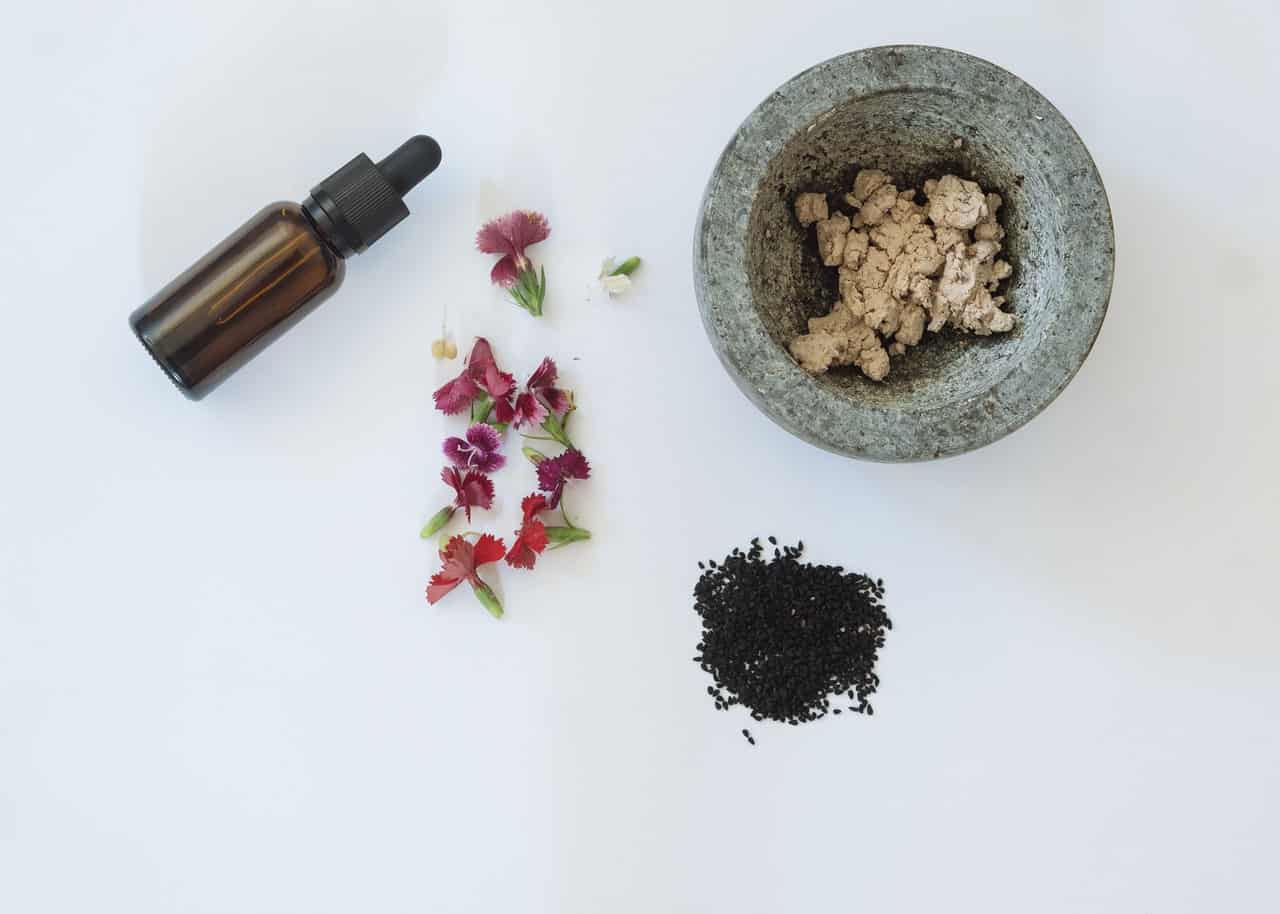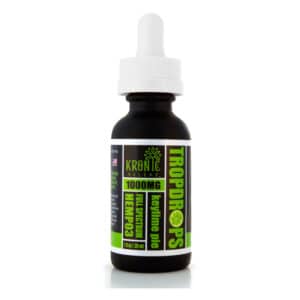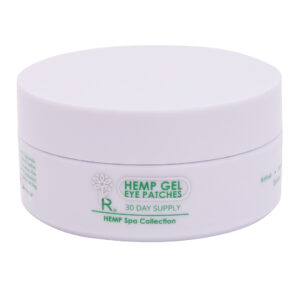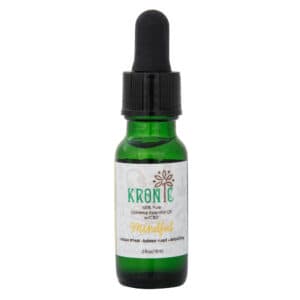CBD is the Cady Heron of the skincare world right now—buzzy, intriguing, and full of secrets (though not as much as Gretchen Weiners’ hair). The ingredient has officially crossed over from being a wellness supplement to a beauty buzzword, but it’s not as simple as looking for “CBD” on your ingredients label and calling it a day. There’s a lot of murky marketing out there and more than a few false claims. For example, we’ve seen some major brands hop on the CBD bandwagon and blast it across their marketing channels, when in reality, their products don’t contain any actual CBD at all.
We’ve enlisted Dendy Engelman, MD, board-certified dermatologist of Manhattan Dermatology and Cosmetic Surgery; Ava Shamban, MD, board-certified dermatologist and founder of Skin Five in LA and co-host of The GIST; Charlotte Palermino, co-founder of cannabis education website Nice Paper, and Ashley Lewis and Meredith Schroeder, co-founders of new online CBD retailer Fleur Marché.
Your skin deserves CBD—just make sure you’re buying a product that actually contains it.
FAST FACTS
Type of Ingredient: Antioxidant.
Main Benefits: Reduces inflammation, Regulates oil production, Neutralizes free radical damage.
Who Should Use It: It is recommended for those with inflamed, compromised skin as well as sensitive and dry skin types. It can also benefit those with aging skin.
How Often Can You Use It: CBD skincare can be used daily.
Works Well With: Actives that calm and nourish the skin barrier, such as ceramides, hyaluronic acid, peptides, and niacinamides.
Don’t Use With: Be cautious with CBD skincare. Since it is an unregulated industry, it is undetermined what actives it deactivates. It is not recommended to use CBD skin products that contain alcohol, as this might combat its beneficial effects and heighten inflammatory skin conditions.
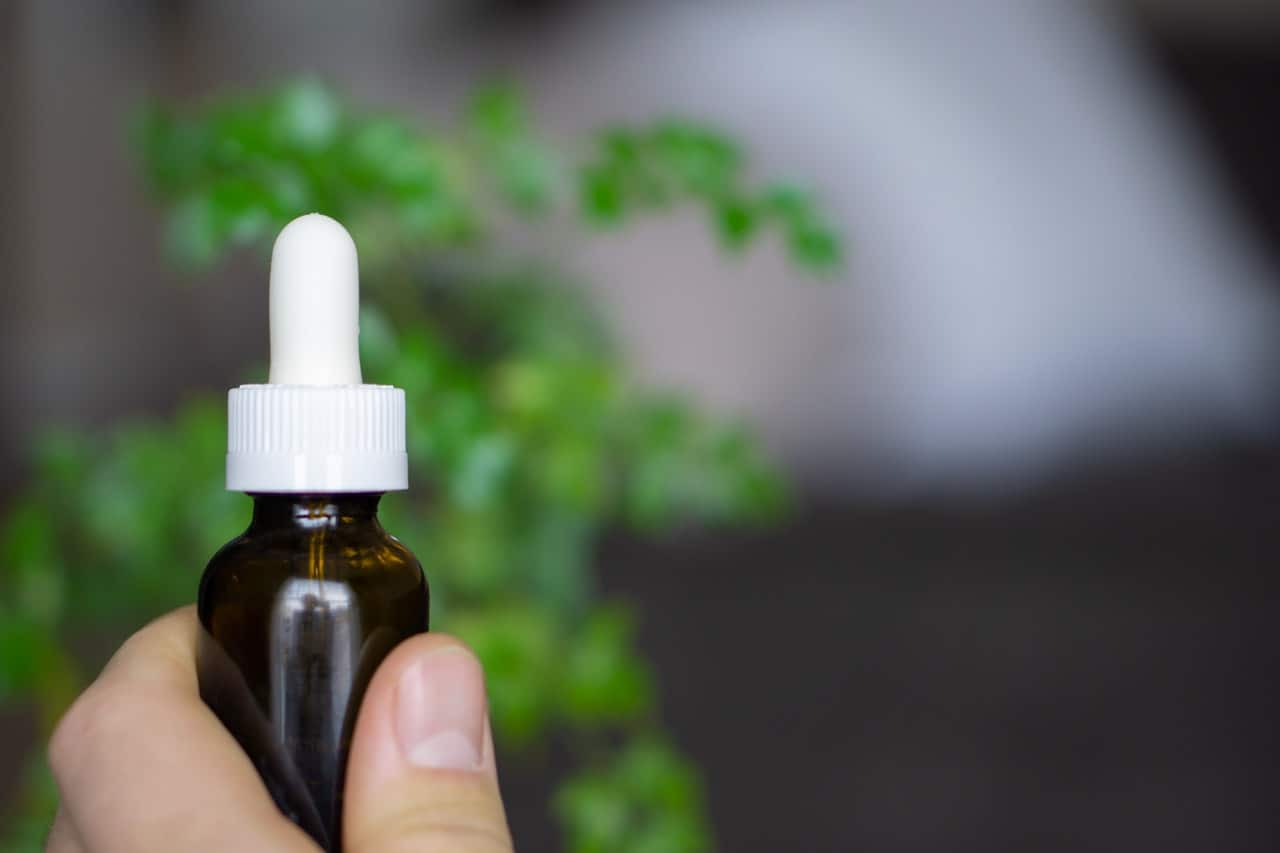
What is CBD?
So, what exactly is CBD? Shamban explains that it is a naturally occurring chemical compound found in cannabis plants marijuana and hemp. “It’s one of the two primary active ingredients of cannabis, the other one being THC (tetrahydrocannabinol), which is the active psychotropic,” she says.
According to Lewis and Schroeder, (who fell in love with the ingredient during their previous jobs curating products for Goop), it’s “a potent antioxidant, highly anti-inflammatory, and has been shown in multiple studies to reduce lipid production from the sebaceous glands (overproduction of this sebum is possibly one component of what contributes to acne formation).”
How does CBD work? Engelman says CBD interacts with our cannabinoid receptors. “We have receptors in every layer of our skin which trigger to our body when there is pain, an itch, etc.,” she explains. “Topical CBD is designed to help those with pruritic skin conditions like eczema or painful conditions like post-herpetic neuralgia when our body’s signals are going haywire. For example, it is not necessarily targeting eczema, but the hormones that are causing the eczema flare-up.”
Typically, CBD oil is used in skincare products. You can find CBD serums, creams, masks, and body and face oils. That said, hemp seed oil—which has been a common ingredient in skin care products for a long time—is not the same thing as CBD. There’s nothing wrong with hemp seed oil, but it’s not an active ingredient, nor does it have any particularly notable anti-inflammatory benefits.
When buying a CBD skincare product, look for these words in the ingredients list, which indicate there’s actual CBD in the formula: CBD, hemp CBD, full-spectrum hemp extract, phytocannabinoid-rich hemp oil, and hemp extract oil.
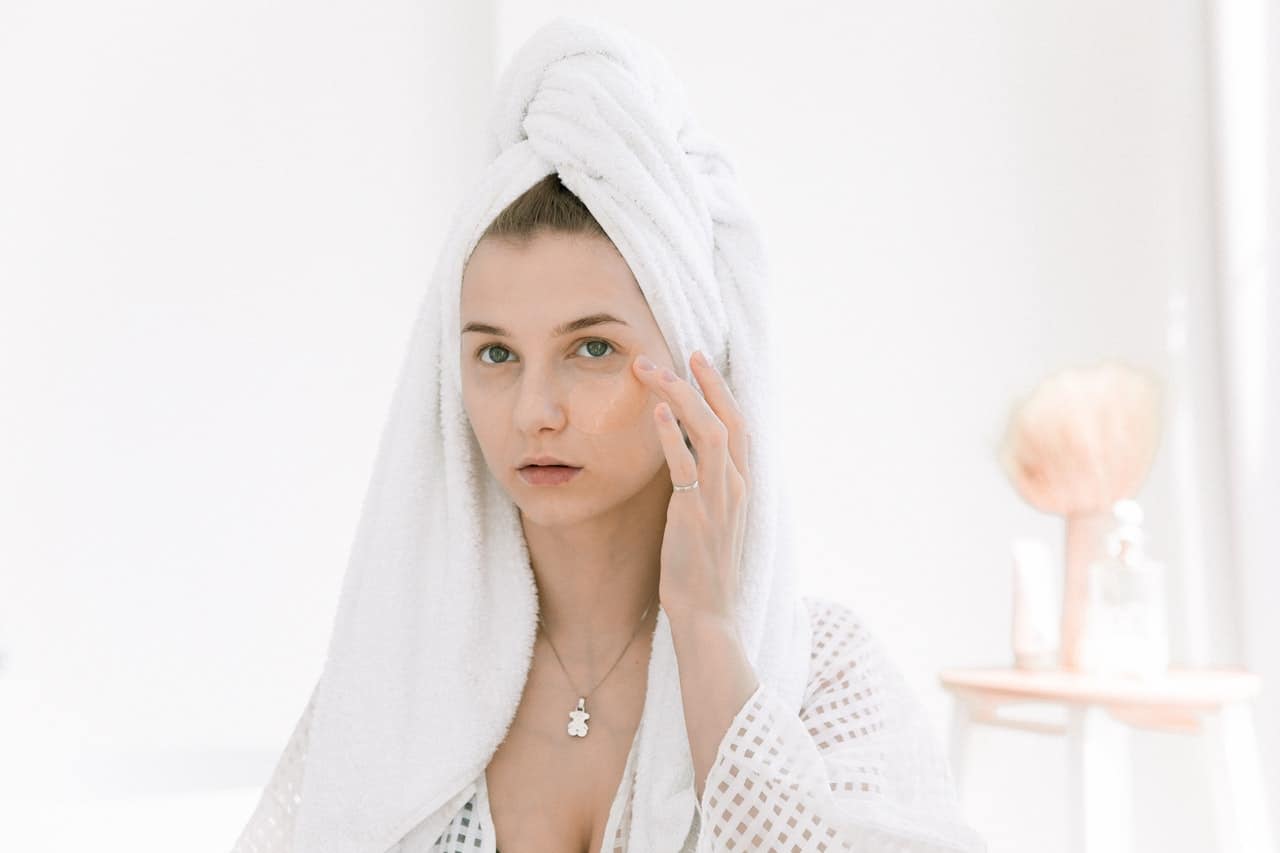
Benefits of CBD for Skin
- Treat Inflammatory Acne: CBD might help reduce redness, pain, and swelling associated with inflammatory acne.
- Regulate Oil Production: CBD helps regulate hormones involved in oil production, reducing excess sebum.
- Reduce Breakouts: CBD may help reduce inflammation of breakouts and, thanks to its oil production regulation, reduce breakouts in general.
- Calm Rosacea: With its ability to reduce inflammation, CBD may help calm rosacea flare-ups.
- Neutralize Free Radical Damage: CBD works to prevent the weakening of the skin by neutralizing free radical damage.
- Soothe Eczema: CBD helps combat irritation and inflammation caused by eczema, along with chronic skin conditions such as psoriasis and dermatitis, according to Shamban.
- Decrease Hormonal Conditions: Since CBD is a powerful adaptogen, it may work to decrease the effects of hormones and other compounds that are released into the body in times of stress (ie. kinase, nitric oxide, and cortisol).
- Hydration: CBD has moisturizing properties that can help combat dehydration and dryness.
The level of benefits for CBD effects on some skin conditions is still up for debate and is a newer science being studied, according to Shamban, and more research is needed to see if CBD or the other agents found in the cannabis plant directly improve skin quality.
Side Effects of CBD
Engelman explains that more studies need to be done to verify the efficiency of CBD oil benefits for the skin. That said, CBD has no known side effects.
How to Use It
How you use CBD skincare is all about the product you’re using. “Most CBD products are serums or creams,” says Engelman. “Use as you normally would, layering your skincare products from thinnest to thickest. Serums should be applied before creams.” That said, you should never self-diagnose your skin conditions. “Always read packaging and ingredients and check with a board-certified dermatologist, primary care, or other medical practitioner before starting any new supplement or topical care,” adds Shamban.
Source: Byrdie

